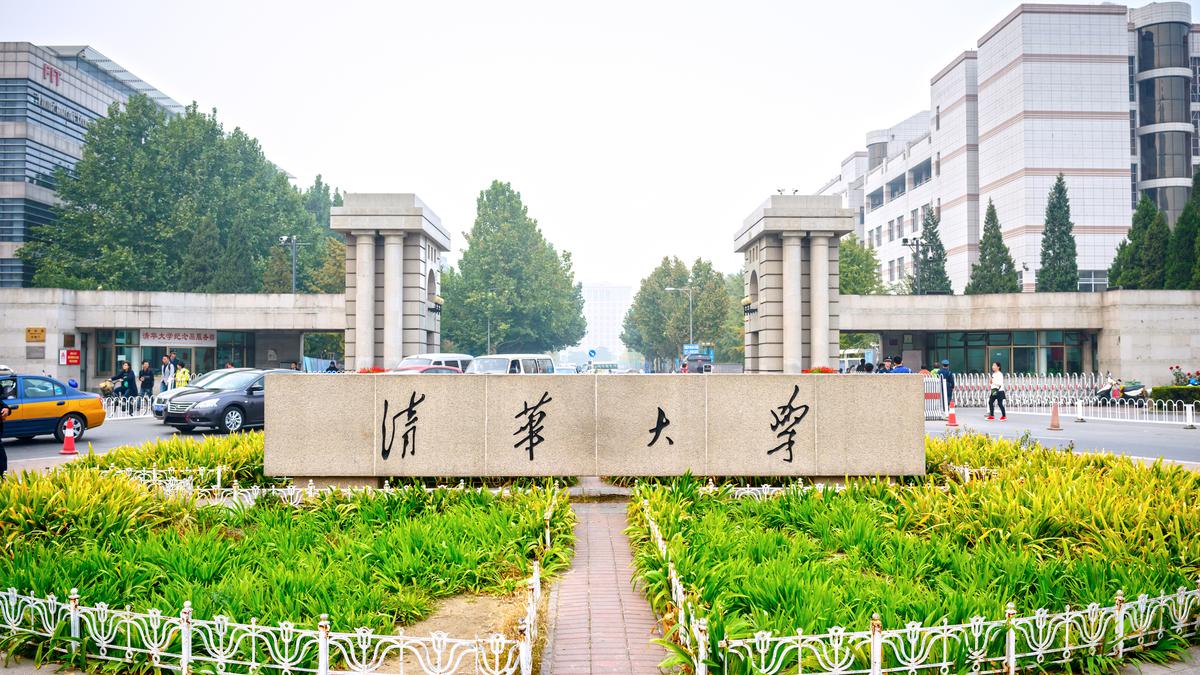beijingwalker
ELITE MEMBER

- Joined
- Nov 4, 2011
- Messages
- 65,187
- Reaction score
- -55
- Country
- Location
Data | China overtakes the U.S. in scientific research output
https://www.thehindu.com/premium/
While there has been dispute over the best metrics with which to judge the quality of research output, China seems to be rising to the top in all of them
June 11, 2023 01:47 pm | Updated 09:48 pm ISTVASUDEVAN MUKUNTH

Tsinghua University in Beijing, China, is among the world’s leading academic institutions for scientific research and is ranked no.1 in China
For a long time, the U.S. led the world in the number of scientific research papers published and the number of citations that these papers racked up. While the volume of papers published by the researchers of a country alone doesn’t imply a higher chance of winning a Nobel Prize, it still suggests the presence of a productive research establishment. This said, scholars have also devised ways to measure research output that also says something about its quality. On these measures too, the U.S. has been leading all other countries. But this dominance seems to be slipping.
For more than half a decade now, Chinese researchers, or researchers whose primary affiliation is a China-based institution, have been publishing more papers than those in the U.S.
Last month, China was found to have overtaken the U.S. on a metric designed to capture quality as well: the number of researchers or institutions whose papers received the most citations for papers in the 82 natural science journals tracked by Nature Index.
China upped its focus on science and technology and investments in it in 1976, as part of the ‘Four Modernizations’ programme. By 2015, it was spending 2.07% of its GDP on R&D. In 2018, it had more than 4 million scientific researchers within its borders — the world’s highest — making the quantity of papers unsurprising.
The data suggest that the quality question that dogged China’s research output for a time may be fading now. India isn’t in the top 10.
In 2018, the Chinese government announced a policy to crack down on scientific misconduct that, according to Nature, would penalise offending scientists with “loss of grants and awards” and restrict opportunities “outside academia”. In 2020, it also reversed its policy to pay bonuses to researchers for publishing papers.
A notable feature of China’s rise is the ‘Thousand Talents’ programme which launched in 2010. It incentivised accomplished research scholars to move to China, where they could receive large one-time bonuses, special research funds, priorities on grants, privileges on their visas (if they weren’t Chinese), and help with housing.
A study published in January found that the ‘Young’ version of the scheme had brought many young scientists back to China but not people who had become leaders in their fields. One of the study’s authors told South China Morning Post that this was due to bureaucratic intervention, nepotism, and China not being “at the global knowledge frontier yet”.
The plan has also drawn suspicion. In 2018, the U.S. Justice Department began to probe researchers with ties to China. It found that Charles Lieber, a chemistry professor at Harvard University, had received money as part of the ‘Thousand Talents’ programme but hadn’t disclosed it to the U.S. Internal Revenue Service. He was convicted in 2021 and sentenced in April 2023.
Technological innovation has been at the heart of the development of modern China, so much so that its chief political ideology has been called ‘techno-nationalism’.
